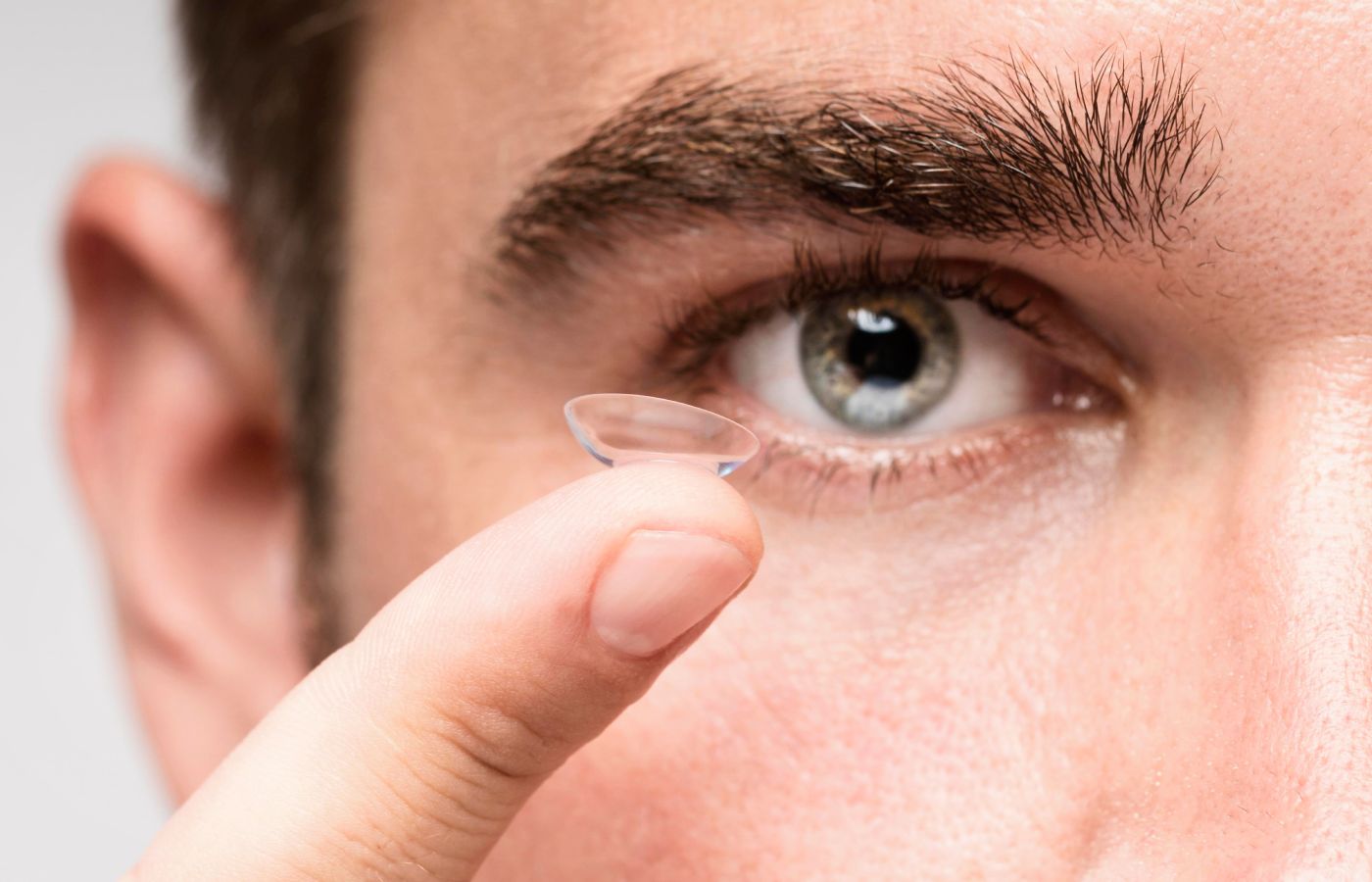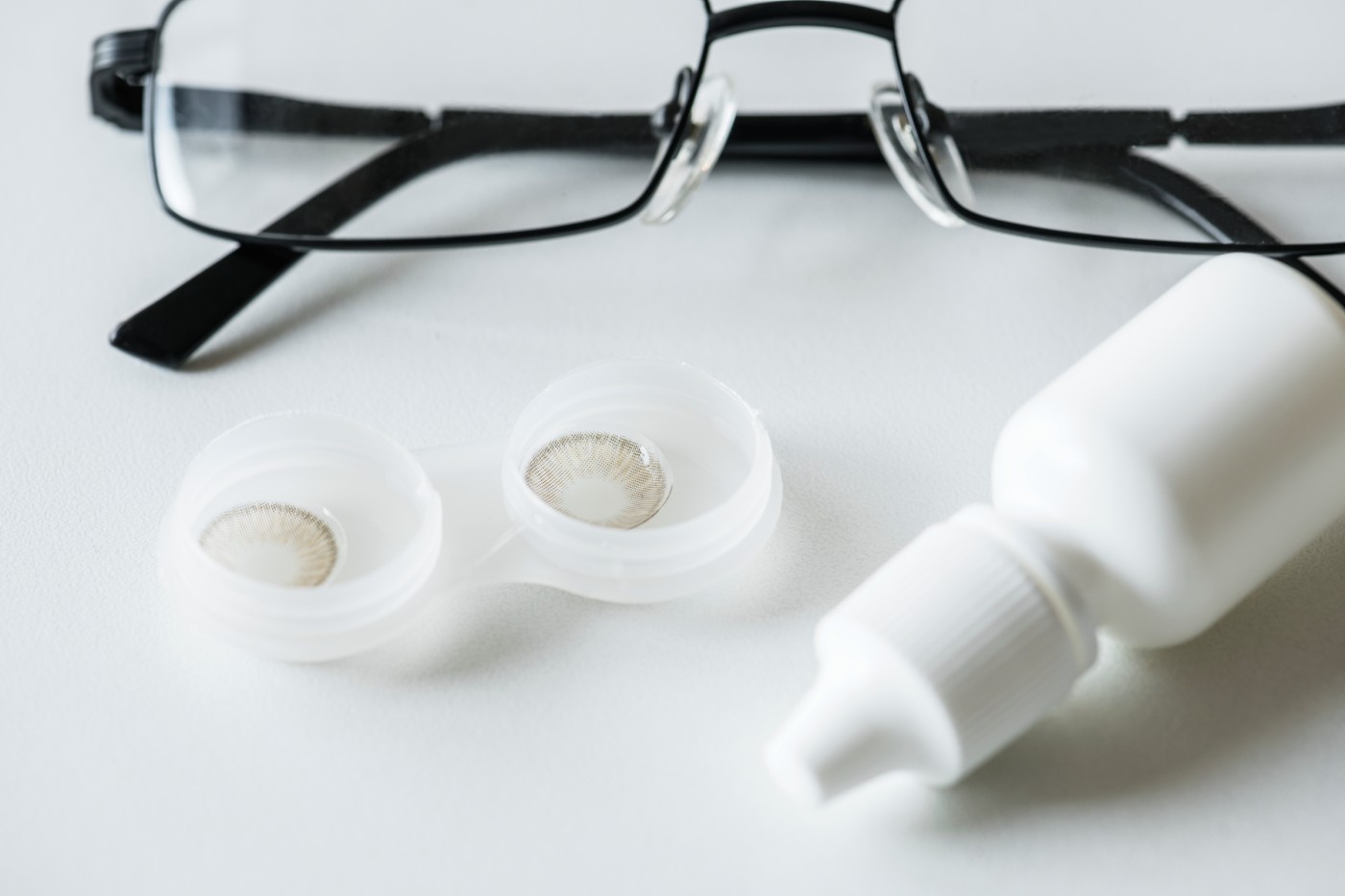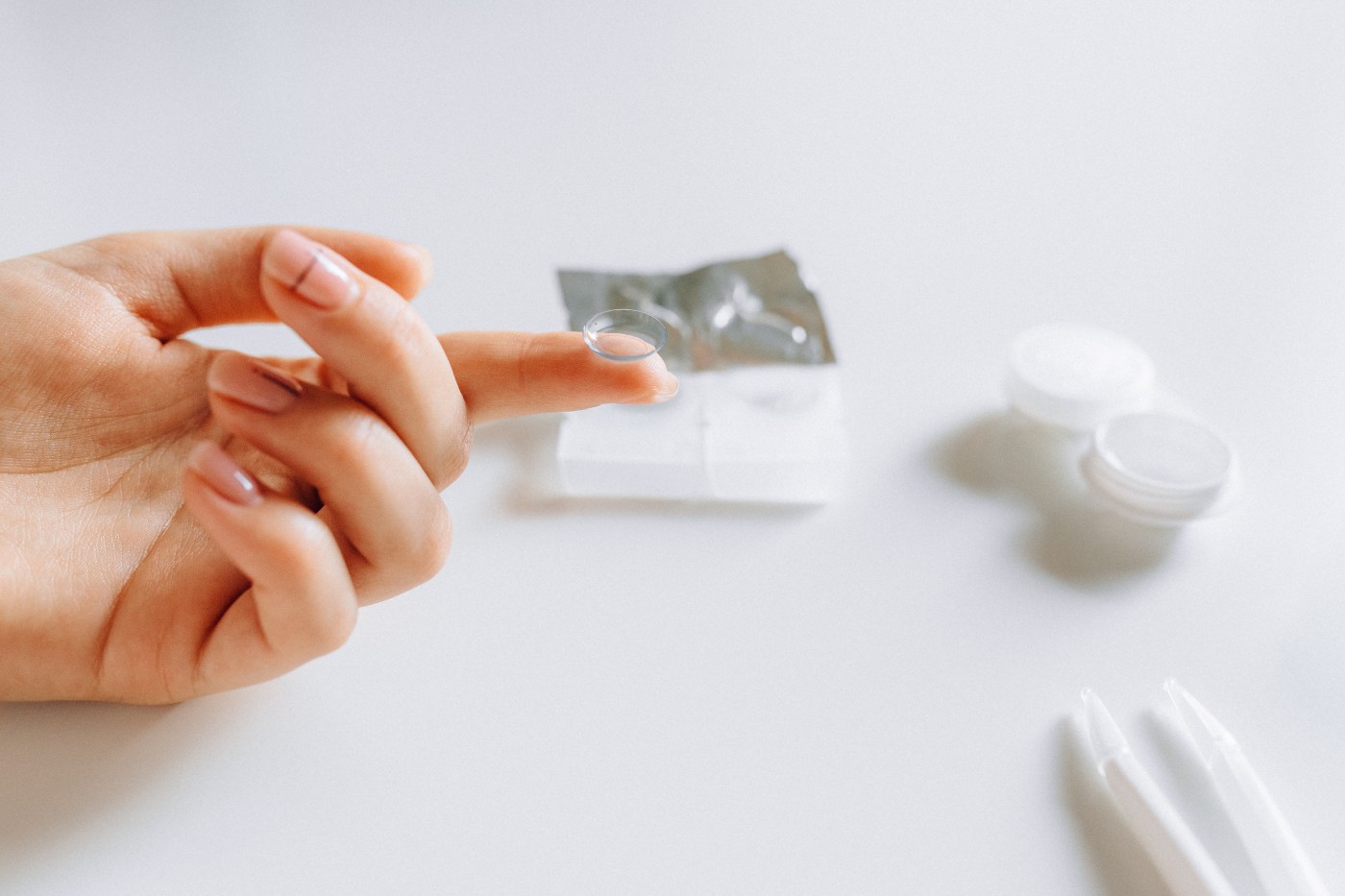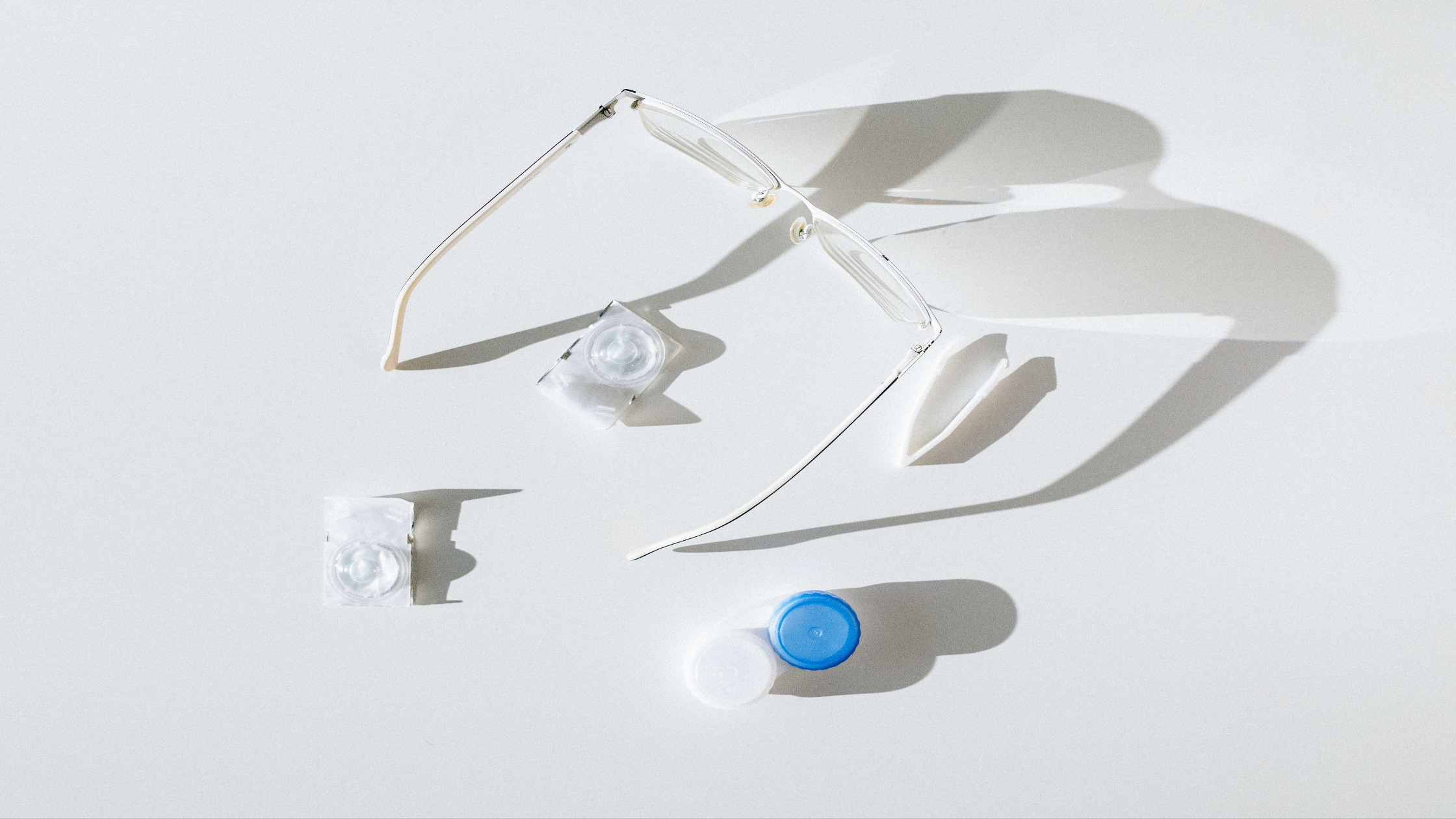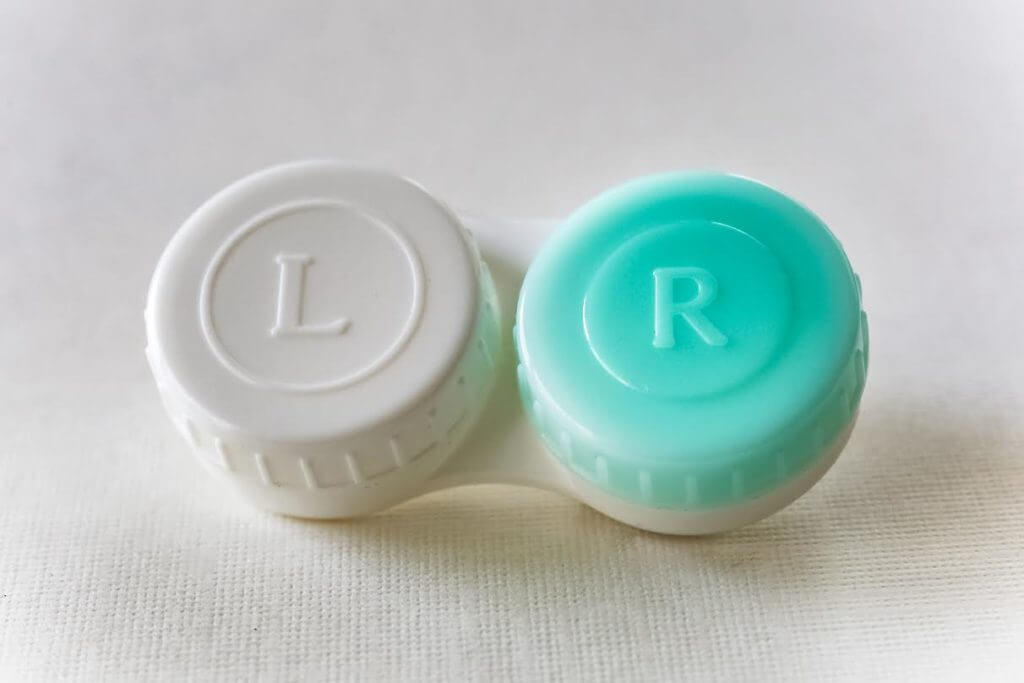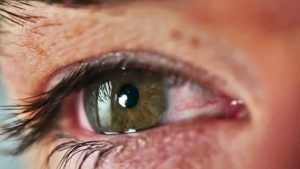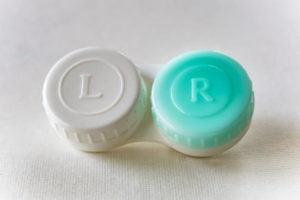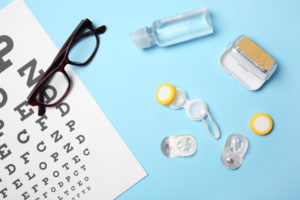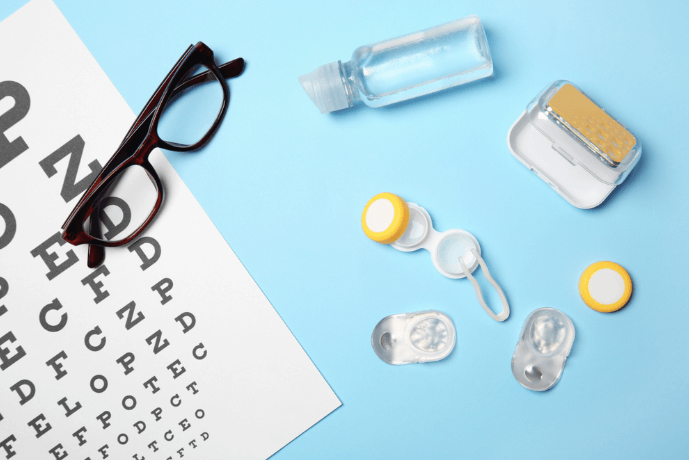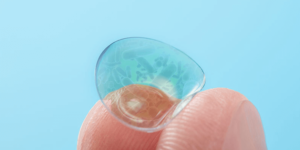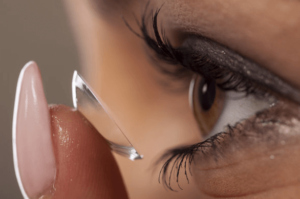As the colder months approach, contact lens wearers may experience discomfort due to the drier air and other winter-related factors. It’s important not to let these challenges discourage you from enjoying contact lenses’ convenience and freedom.
In this blog post, we will share practical tips to ensure your contact lenses remain comfortable throughout the winter, allowing you to see clearly without any unnecessary irritation. Let’s dive right in!
6 Ways to Keep Your Contact Lenses Comfortable this Winter
Hydrate, hydrate, hydrate
Staying hydrated is crucial for overall health, including the health of your eyes. During the winter, when the air tends to be drier, maintaining good hydration levels can help prevent dryness and discomfort associated with contact lens wear. Drink plenty of water throughout the day to keep your body and eyes hydrated.
Use rewetting drops
If you experience dryness or irritation while wearing your contact lenses during winter, rewetting drops can be a game-changer. These drops add moisture to your eyes, providing instant relief and combating the dryness caused by indoor heating and cold outdoor temperatures.
Opt for lens materials suitable for dry eyes
Not all contact lenses are created equal when it comes to combating dryness. Consider switching to lenses specifically designed for dry eyes, such as silicone hydrogel lenses. These lenses allow more oxygen to reach your eyes, reducing dryness and maintaining comfort even in winter.
Avoid excessive indoor heating
Indoor heating systems tend to dry out the air, leading to dry eyes and discomfort for contact lens wearers. Try lowering the thermostat or using a humidifier to add moisture to the air. This will help maintain a more comfortable environment for your eyes, preventing the lenses from drying out as quickly.
Protect your eyes from winter elements
Winter weather can be harsh on your eyes, with cold winds and snow potentially causing irritation for contact lens wearers. Shield your eyes by wearing sunglasses or goggles when spending time outdoors. These accessories will act as a barrier against the cold air, reducing the risk of dryness and discomfort.
Follow proper lens care practices
Maintaining good hygiene and following proper lens care practices is always important, but it becomes even more crucial in the winter. Clean your lenses thoroughly using a recommended solution and replace them as your eye care professional directs. This ensures that your lenses remain free from debris and build-up, reducing the risk of discomfort.
To Summarize
Winter doesn’t have to be a season of discomfort for contact lens wearers. By implementing these tips, you can keep your lenses comfortable and your eyes healthy all winter. Remember, staying hydrated, using rewetting drops, opting for suitable lens materials, protecting your eyes from the elements, and following proper lens care practices are vital to maintaining an enjoyable contact lens-wearing experience during the colder months.
Visit Pearland Vision For The Best Eye Care in Pearland, Texas
It is common for people to overlook their need for professional eye care or corrective eyewear until their vision hinders their daily routine. Therefore, if you are currently experiencing any sort of vision impairment, no matter how insignificant it may seem, we strongly recommend that you undergo a thorough checkup conducted by us. Ignoring minor vision problems can eventually lead to major complications and signal underlying health concerns.
Our team is dedicatedly engaged in procuring the latest technology to detect potential eye-related diseases, thereby preventing vision issues and offering our patients an extensive evaluation of their eyes. Visit us for the most comprehensive eye care in Pearland, TX.
Please schedule an appointment today to see, look, and feel better!


